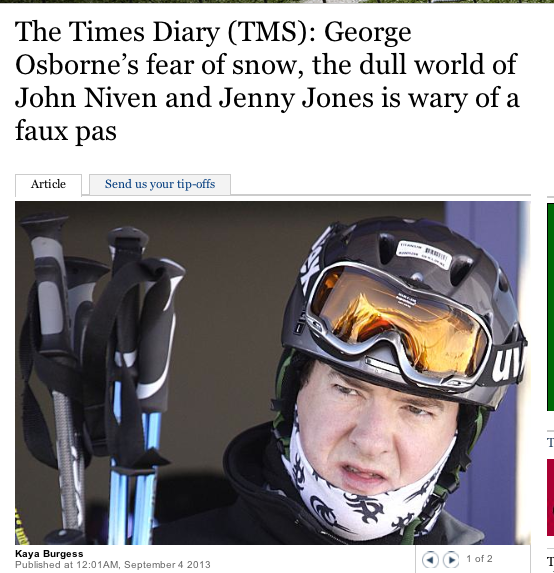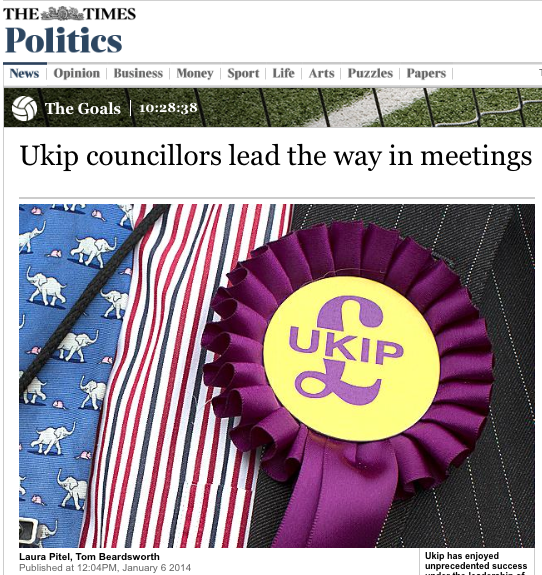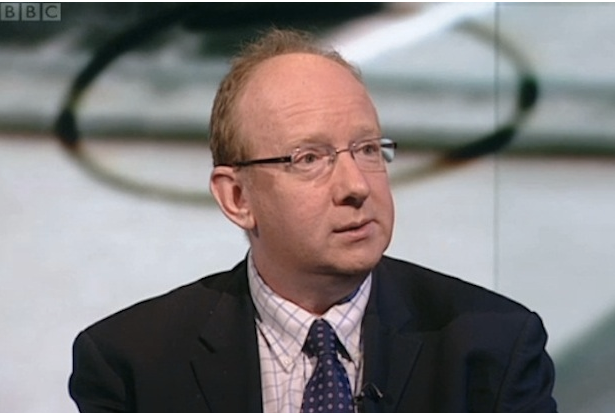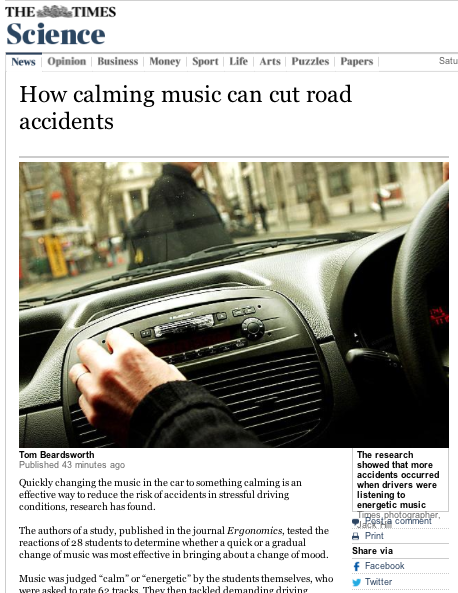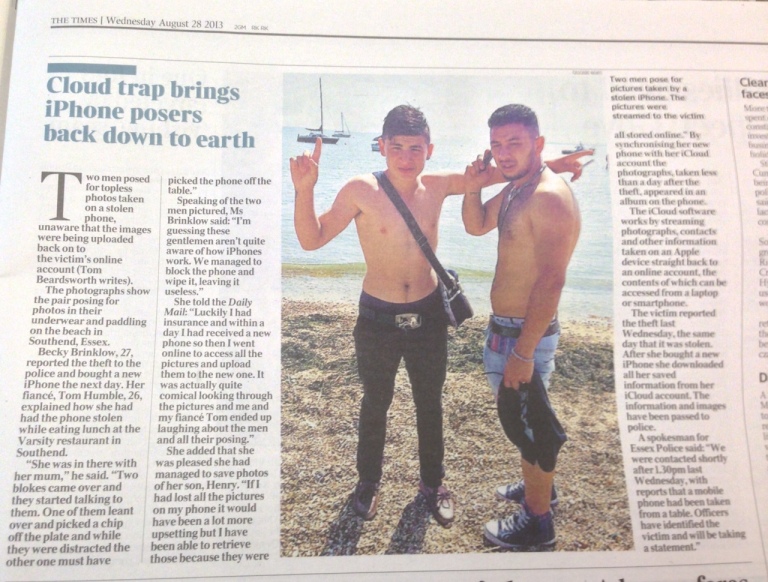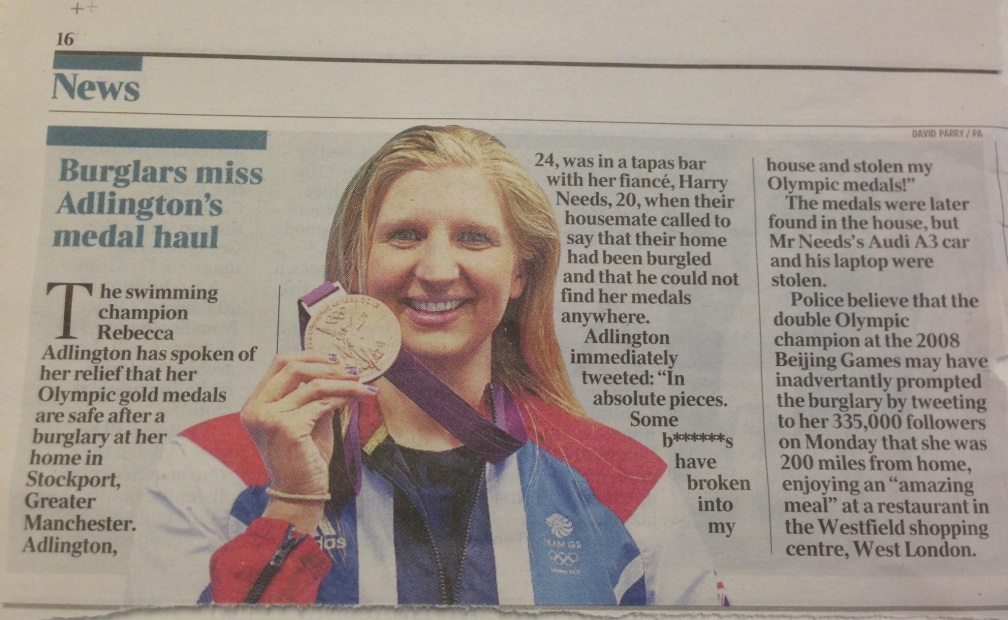A small spat in The Spectator has caught my attention.
Peter Oborne, the Telegraph’s chief political commentator, had a typically rumbustious piece in last week’s Spectator.
Oborne approvingly quotes Arthur Krock: ‘The price of friendship with a politician is too great for any newspaperman to pay’.
Daniel Finkelstein, the Times’ executive editor and chief leader writer, recently ennobled by a government to which he is an unofficial adviser and ambassador, has paid that price, argues Oborne. He represents “a powerful manifestation of the post-modern collapse of boundaries between politics and journalism.”
David Aaronovitch defends his Times colleague in a letter in this week’s magazine. Journalism, to recycle the old cliche, does not simply consists in ‘speaking truth to power’, but also being close to it. A casual glance at former Spectator editors – Nigel Lawson, Iain MacLeod and Boris Johnson – is surely testament to that. Another former editor, Matthew d’Ancona, has a book just out, ‘In it Together’*, the value of which lies almost solely in making his voluminous Westminster connections talk.
Knowing and understanding the actors in politics can, one supposes, blur the impartiality of a political journalist. It is surely difficult to criticise or expose someone who only last week fed you a story, and is likely to again. A contacts list is sure to evaporate fairly quickly if you develop a reputation as something of a bulldog.
The (unfavourable) Spectator review of d’Ancona’s book by one Peter Oborne puts the dilemma thus:
There are two ways of being a political journalist. One is to stay on the outside and try to avoid being compromised by too much contact with politicians. This approach comes at what many regard as an impossible cost. After all, the job of a journalist is to get stories and gain insight. Story-getting can only come through access, but this too creates a problem. The politicians who supply information, atmosphere, gossip and revelation tend to demand loyalty — and protection — in return.
Perhaps this is why it’s rare to read a James Forsyth column in the Spectator, or a Rafael Behr one in the New Stateman, that is openly, unambiguously critical of an individual. Forsyth, I’ve noticed (I only read the NS infrequently), prefers to write about opposing factions rather than the individual characters involved.
Is that a bad thing? Are the fairly select group of political editors too close to power?
I know little of that world so it seems right to leave it as something of an open question. My thought, however, is that it doesn’t compromise a journalist’s integrity to recognise that journalism is a transactional activity.
Finkelstein, directly through his leader and personal columns, indirectly though his close relationship with the editorial team, probably softens the Times’ coverage of the Coalition, specifically of Osborne with whom he is supposedly particularly close.
But in return, we can conjecture, the Times gets a heads up on government policy; its understanding of the inner working of government is enhanced; it can predict, in short, what might happen next and why. If that is the case, then provided Finkelstein’s interests are not disguised, which clearly they are not, then it doesn’t look like the public interest is losing out from the transaction as Oborne alleges.
